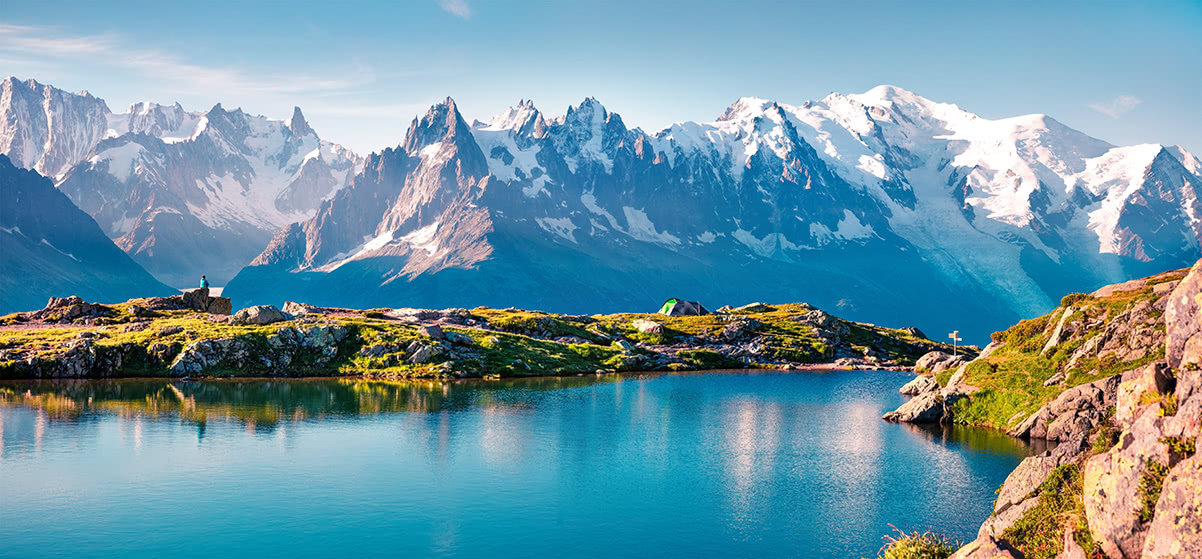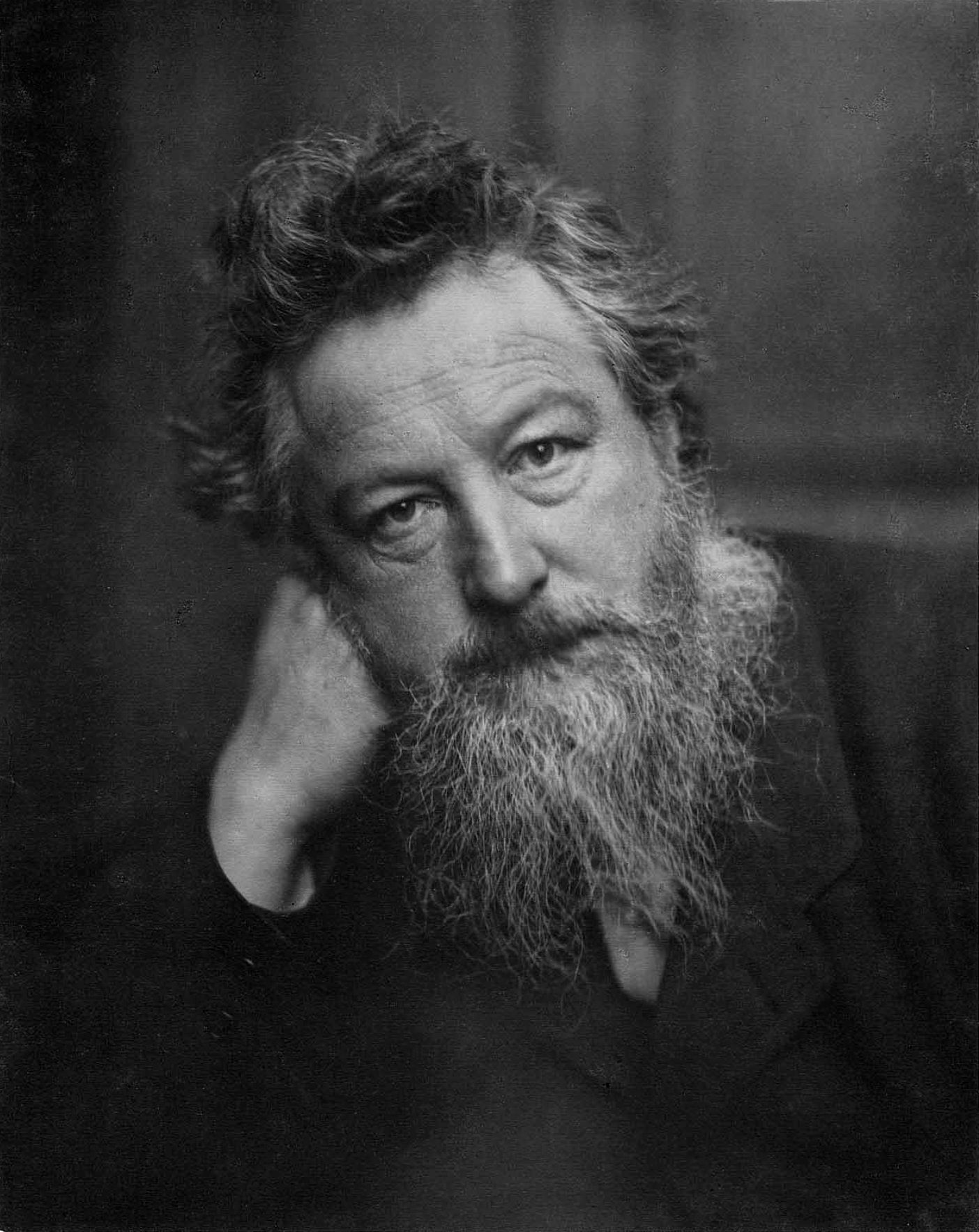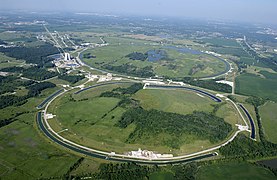Fireflies? The other day I was looking at the work of New Mexico artist Kit Lynch (we own one of her paintings). One of her current works depicts a night sky, shot through with falling stars, hovering over a river on whose bank we see enormous clouds of fireflies. The total effect is mesmerizing.

Kit Lynch
In studying this painting, I was reminded of a time a few years ago when my wife and I were staying at a cabin in the mountains of Albania. When darkness finally arrived (it was the night of the summer solstice), all we could see were fireflies: massive swarms of light filling the sky. It was a remarkable sight. All the more because there was very little ambient light to distract our largely citified eyes: a vision of another world.
Which is my point. Broadly speaking, the life of a firefly is rather evanescent. A firefly appears for a couple of months at the peak of the summer, then disappears, not to return for another year. When the firefly's lights shine, however, it captures all that is confounding, amusing, and amazing about existence: lovely yet transient, pointless yet entirely not, rippling with beauty and wonder that overwhelms all before it.
That's life. It's also why life is: the personal experience of a personal creation. And creator.










